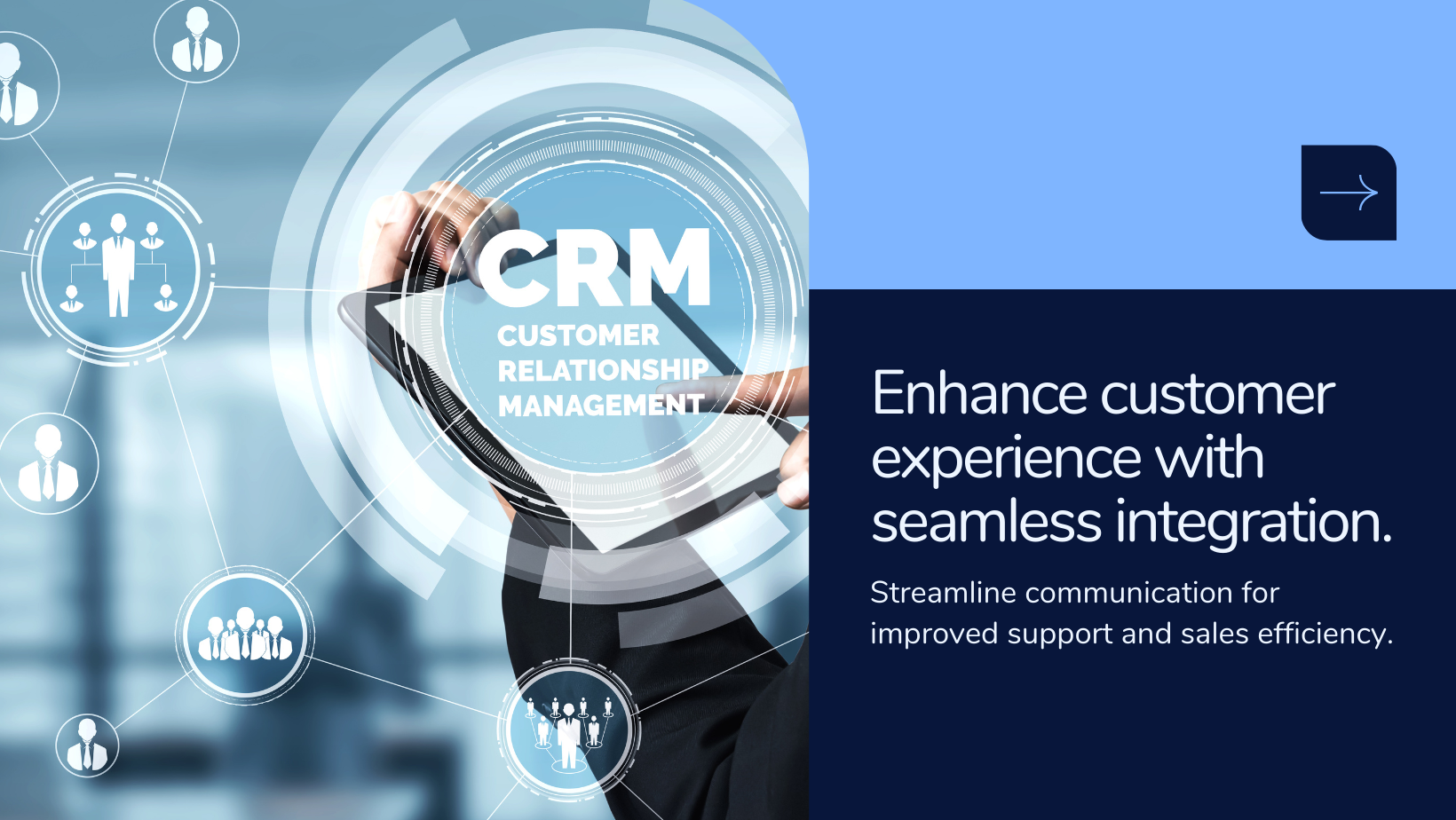Overcoming the Challenges of Implementing Data Science in D2C Brand Marketing

Direct-to-Consumer (D2C) brands in India are seeing tremendous growth in recent years, and marketing plays a crucial role in their success. One of the most effective ways to improve marketing strategies is by implementing a data-driven approach, where data science is used to analyze customer behavior, preferences, and trends. However, implementing data science in D2C brand marketing is not without its challenges. In this blog, we will discuss the major obstacles and how to overcome them.
- Lack of Quality Data
One of the most significant challenges in implementing data science in D2C brand marketing is the lack of quality data. Data is the foundation of data science, and if the data is incomplete or inaccurate, the insights derived from it will be unreliable. D2C brands need to ensure that they have access to high-quality data and invest in data collection and cleaning processes. This may involve partnering with data providers or investing in data management tools to ensure that the data is accurate and up-to-date.
2. Lack of Expertise
Another challenge in implementing data science in D2C brand marketing is the lack of expertise. Data science is a specialized field, and many D2C brands may not have the resources or knowledge to develop and implement data science strategies in-house. To overcome this challenge, D2C brands can partner with data science firms or hire data scientists to provide guidance and support in implementing data-driven marketing strategies.
3. Data Privacy Concerns

Data privacy is a growing concern among consumers, and D2C brands must ensure that they comply with data privacy laws and regulations. The General Data Protection Regulation (GDPR) and the California Consumer Privacy Act (CCPA) are examples of regulations that D2C brands must comply with when collecting and using consumer data. To overcome this challenge, D2C brands need to ensure that they are transparent with their data collection practices and give consumers the option to opt-out of data collection.
4. ROI Measurement
Measuring the return on investment (ROI) of data science-driven marketing strategies can be challenging. D2C brands need to have a clear understanding of the metrics that matter and the tools and techniques to measure them accurately. To overcome this challenge, D2C brands need to invest in analytics tools that can help them track the success of their marketing campaigns and optimize them for maximum ROI.
5. Integration with Existing Systems
Integrating data science-driven marketing strategies with existing systems can be a challenge. Many D2C brands may have legacy systems that are not designed to handle the volume and complexity of data required for data science-driven marketing. To overcome this challenge, D2C brands need to invest in modern data management and integration tools that can seamlessly integrate data science insights with existing systems.
Conclusion
Implementing data science-driven marketing strategies can be a challenge for D2C brands in India. However, by addressing these challenges and investing in the right resources, D2C brands can leverage data science to improve their marketing strategies, increase customer engagement, and drive revenue growth.
FAQs
What are the challenges of implementing data science in D2C brand marketing?
There are a number of challenges that D2C brands face when implementing data science in their marketing efforts. These include:
- Lack of data: Many D2C brands do not have the data they need to make informed decisions about their marketing campaigns. This is often due to the fact that they are new to the market and do not have a long history of customer data.
- Data silos: Even if D2C brands have the data they need, it is often siloed in different systems. This makes it difficult to access and analyze the data in a meaningful way.
- Lack of expertise: D2C brands often lack the expertise in data science and analytics to make the most of their data. This can lead to poor decision-making and missed opportunities.
How can D2C brands overcome these challenges?
There are a number of things that D2C brands can do to overcome the challenges of implementing data science in their marketing efforts. These include:
- Invest in data collection: D2C brands need to invest in collecting the data they need to make informed decisions about their marketing campaigns. This can be done through a variety of methods, such as surveys, website analytics, and social media monitoring.
- Unify data: Once D2C brands have collected the data they need, they need to unify it in a single system. This will make it easier to access and analyze the data.
- Hire data scientists: If D2C brands do not have the expertise in data science and analytics in-house, they can hire data scientists to help them make the most of their data.
What are the benefits of implementing data science in D2C brand marketing?
There are a number of benefits that D2C brands can enjoy by implementing data science in their marketing efforts. These include:
- Improved customer targeting: Data science can be used to identify and target customers who are most likely to be interested in a D2C brand's products or services. This can lead to increased sales and improved customer satisfaction.
- Increased efficiency: Data science can be used to automate tasks, such as customer segmentation and campaign optimization. This can free up time for D2C brands to focus on other areas of their business.
- Improved decision-making: Data science can be used to provide D2C brands with insights that can help them make better decisions about their marketing campaigns. This can lead to increased ROI and improved results.
How can D2C brands get started with data science?
D2C brands can get started with data science by taking the following steps:
- Identify the problems that data science can solve: D2C brands should first identify the problems that data science can solve for their business. This could include problems such as customer targeting, campaign optimization, or product development.
- Collect the data: Once D2C brands have identified the problems they want to solve, they need to collect the data they need to make informed decisions. This data can be collected through a variety of methods, such as surveys, website analytics, and social media monitoring.
- Unify the data: Once D2C brands have collected the data, they need to unify it in a single system. This will make it easier to access and analyze the data.
- Hire a data scientist: If D2C brands do not have the expertise in data science and analytics in-house, they can hire data scientists to help them make the most of their data.
- Start small: D2C brands should start with small, achievable goals when implementing data science in their marketing efforts. This will help them to build confidence and learn from their mistakes.
What are some of the most common mistakes that D2C brands make when implementing data science?
Some of the most common mistakes that D2C brands make when implementing data science include:
- Not having a clear goal: Before you start collecting and analyzing data, it is important to have a clear goal in mind. What do you hope to achieve by using data science?
- Not collecting the right data: Not all data is created equal. When collecting data, it is important to focus on the data that is most relevant to your goals.
- Not analyzing the data correctly: Once you have collected the data, you need to analyze it correctly. This means using the right tools and techniques to extract the insights you need.
What are some of the best practices for using data science in D2C brand marketing?
Some of the best practices for using data science in D2C brand marketing include:
- Use data to understand your customers: The first step to using data science effectively is to understand your customers. What are their needs and wants? What are their pain points? Once you understand your customers, you can start to use data to target them with relevant marketing messages.
- Use data to optimize your marketing campaigns: Data can also be used to optimize your marketing campaigns. For example, you can use data to track the performance of your campaigns and identify which campaigns are most effective. You can then use this information to improve your future campaigns.
- Use data to make better decisions: Data can also be used to make better decisions about your business. For example, you can use data to identify new product opportunities, improve your customer service, or optimize your supply chain.
What are some of the tools and resources that D2C brands can use to implement data science?
There are a number of tools and resources that D2C brands can use to implement data science. These include:
- Data collection tools: There are a number of tools that D2C brands can use to collect data. These tools can be used to collect data from a variety of sources, such as website analytics, social media, and surveys.
- Data analysis tools: Once data has been collected, it needs to be analyzed. There are a number of tools that D2C brands can use to analyze data. These tools can be used to identify trends, patterns, and insights in the data.
- Data visualization tools: Data visualization tools can be used to make data more understandable. These tools can be used to create charts, graphs, and other visuals that can help D2C brands to understand their data.
What are the future trends in data science for D2C brands?
The future of data science for D2C brands is very promising. As data becomes more abundant and accessible, D2C brands will be able to use data to make better decisions about their business. Some of the future trends in data science for D2C brands include:
- The rise of artificial intelligence: Artificial intelligence (AI) is a rapidly growing field that has the potential to revolutionize the way D2C brands use data. AI can be used to automate tasks, such as customer segmentation and campaign optimization. It can also be used to generate insights that would be impossible to identify with traditional data analysis methods.
- The growth of big data: Big data is a term used to describe the vast amounts of data that is being generated every day. D2C brands will need to learn how to collect, store, and analyze big data in order to stay ahead of the competition.
- The increasing importance of privacy and security: As D2C brands collect more and more data about their customers, they will need to take steps to protect the privacy and security of that data. This will become increasingly important as customers become more concerned about their privacy.
I hope this helps!




